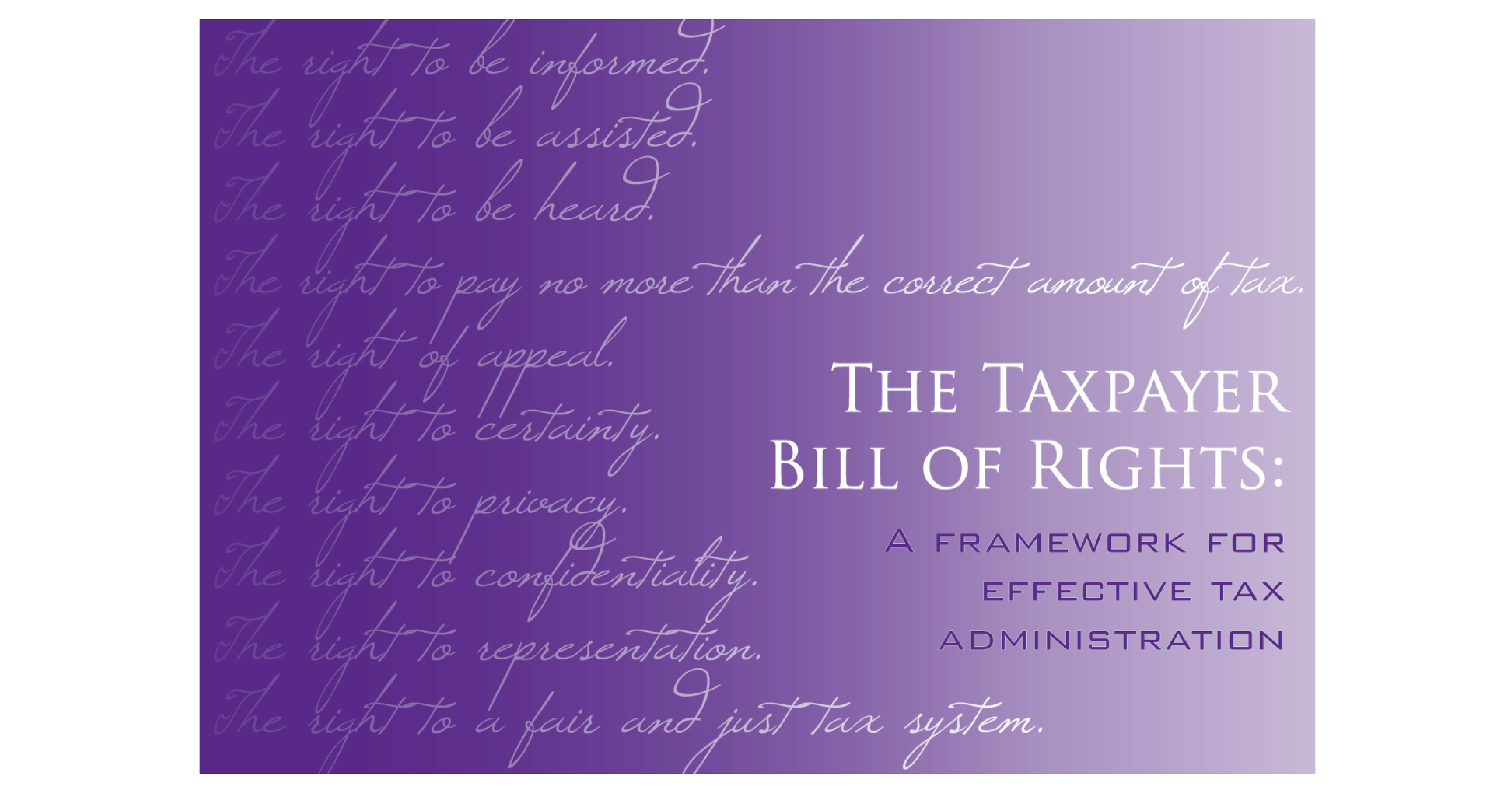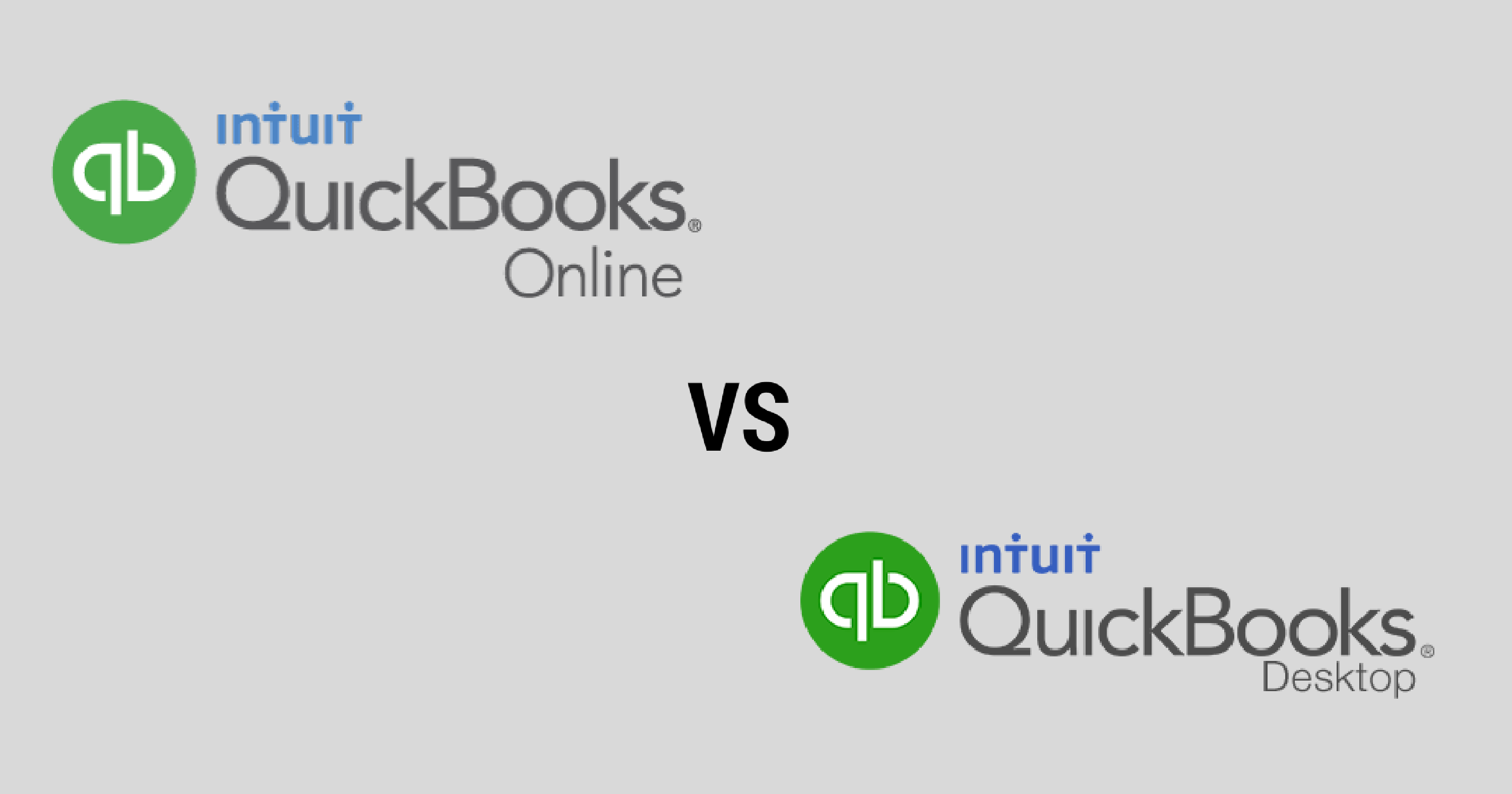
by Christie Tostevin
As our economy improves, so does the cash flow for many of St. Augustine’s small businesses.
If strong sales and profits are adding excess cash to your business checking account, don’t just sit back and enjoy the good times. Take this opportunity to get the best possible return on those funds.
That excess cash—invested right—can be used to grow your cash reserves. And those reserves can be used later to:
- Strengthen and grow your business
- Insulate your from economic downturns
- Take advantage of opportunities when they present themselves
- Paying bonuses
What is Excess Cash?
According to financial experts, excess cash is what’s left over after you’re done paying salaries, marketing, upgrading and maintaining equipment, paying rent, purchasing supplies, and paying whatever it takes to operate your business day-to-day.
Oh, make sure you understand what it will take to run your business three, six or 12 months; maybe longer depending on your business plan.
So, take a look at your spreadsheet or ask your accountant to determine if you have excess cash.
Ok, There’s Excess Cash. Now, What Do You Do With It?
Since you’re dealing with business cash, you’ll want to balance liquidity with making the highest possible return.
How much liquidity you need can be determined by understanding your cash flow cycle. That’s where understanding your business needs three, six or 12-months in the future really matters.
Once you understand your liquidity needs, you can determine an investment time frame and amount of risk you can take with your excess cash.
At this point, it’s a good practice to speak about investment options with your bank or financial advisor.
Options they will probably discuss with you could include:
- Business money market deposit accounts
- Mutual funds
- Sweep Accounts
- CDs
Investing your excess cash can help put you and your business in a position of strength. That strength can lead to greater confidence to move your business forward.
If you ever have any questions about whether you have excess cash, give us a call at (904) 429-4588. We’ll see if we can help you out or guide you in the right direction for assistance.

by Christie Tostevin
As you’re probably aware, the IRS tends not to be popular with the American public.
Over the years, stories have circulated through the news media and social media about IRS harassments, unfair audits, and penalties. And when you add in the stereotypical image of an uncaring bureaucratic staff, it’s apparent the IRS has a major PR problem.
While it might not be as apparent with us taxpayers way down here in St. Augustine, Florida, those IRS folks up in Washington work for us. And we should expect good service from our employees.
That mindset led to the creation of the Taxpayer Bill of Rights in 2014. This bill of rights lists 10 guarantees and protections you—as taxpayers—should be aware of when dealing with the IRS.
Without Further Ado, Let’s Look at Your Taxpayer Bill of Rights
- The Right to Be Informed
IRS Description:Taxpayers have the right to know what they need to do to comply with the tax laws. They are entitled to clear explanations of the laws and IRS procedures in all tax forms, instructions, publications, notices, and correspondence. They have the right to be informed of IRS decisions about their tax accounts and to receive clear explanations of the outcomes.
- The Right to Quality Service
IRS Description:Taxpayers have the right to receive prompt, courteous, and professional assistance in their dealings with the IRS, to be spoken to in a way they can easily understand, to receive clear and easily understandable communications from the IRS, and to speak to a supervisor about inadequate service.
- The Right to Pay No More than the Correct Amount of Tax
IRS Description:Taxpayers have the right to pay only the amount of tax legally due, including interest and penalties, and to have the IRS apply all tax payments properly.
- The Right to Challenge IRS’s Position and Be Heard
IRS Description:Taxpayers have the right to raise objections and provide additional documentation in response to formal IRS actions or proposed actions, to expect that the IRS will consider their timely objections and documentation promptly and fairly, and to receive a response if the IRS does not agree with their position.
- The Right to Appeal an IRS Decision in an Independent Forum
IRS Description:Taxpayers are entitled to a fair and impartial administrative appeal of most IRS decisions, including many penalties, and have the right to receive a written response regarding the Office of Appeals’ decision. Taxpayers generally have the right to take their cases to court.
- The Right to Finality
IRS Description:Taxpayers have the right to know the maximum amount of time they have to challenge the IRS’s position as well as the maximum amount of time the IRS has to audit a particular tax year or collect a tax debt. Taxpayers have the right to know when the IRS has finished an audit.
- The Right to Privacy
IRS Description:Taxpayers have the right to expect that any IRS inquiry, examination, or enforcement action will comply with the law and be no more intrusive than necessary, and will respect all due process rights, including search and seizure protections and will provide, where applicable, a collection due process hearing.
- The Right to Confidentiality
IRS Description:Taxpayers have the right to expect that any information they provide to the IRS will not be disclosed unless authorized by the taxpayer or by law. Taxpayers have the right to expect appropriate action will be taken against employees, return preparers, and others who wrongfully use or disclose taxpayer return information.
- The Right to Retain Representation
IRS Description:Taxpayers have the right to retain an authorized representative of their choice to represent them in their dealings with the IRS. Taxpayers have the right to seek assistance from a Low Income Taxpayer Clinic if they cannot afford representation.
- The Right to a Fair and Just Tax System
IRS Description:Taxpayers have the right to expect the tax system to consider facts and circumstances that might affect their underlying liabilities, ability to pay, or ability to provide information timely. Taxpayers have the right to receive assistance from the Taxpayer Advocate Service if they are experiencing financial difficulty or if the IRS has not resolved their tax issues properly and timely through its normal channels.
Taxpayer Bill of Rights Empowers You to Demand Fair Treatment
When dealing with the IRS regarding your tax issues, it’s important to understand that these rights are recognized by the IRS—not granted by them. Meaning these are your rights by law and the IRS is obligated to follow them.
The bill of rights provides you with a bit of leverage to push back if you feel you’re being unreasonably treated.
If you ever have any questions regarding the Taxpayer Bill of Rights, give us call at (904) 429-4588. We’ll see if we can help you out or guide you in the right direction for assistance.

by Christie Tostevin
It’s the end of the year, you’re gathering your tax records and just realized you need to write down your mileage for the year.
You find some scribbled notes about a trip you took to the airport. You recall that every Friday, you drove to the printers in South St. Augustine. And you’re pretty sure you put in at least 500 miles per month driving around the Jacksonville area for other business purposes.
That should be good for the IRS, right? Nope.
If you record your mileage expenses for tax purposes, you’ll want to make sure your log records can withstand an audit. In recent years, there’s been an increase in IRS audits for reported mileage.
For small businesses, an accurate mileages log can produce significant tax savings through mileage deductions. So, it’s in your best interest to provide the accurate information the IRS requires for your mileage log.
IRS Travel Mileage Record Requirements
When it comes to detailed mileage log, the IRS is looking for detailed information. Thankfully, the IRS provides an example of the information they require at here.
What You Must Record:
- Date of your business trip
- Your starting point
- Your destination
- Purpose of your trip
- Vehicle’s starting mileage
- Vehicle’s ending mileage
- Tolls and other trip-related costs
A Note on Starting and Ending Mileage
While IRS requests odometer mileage for each trip, they have proven lenient in just showing driving distance if the other requirements are met.
Don’t forget your total mileage during the year
We’ve seen reports of audits where the IRS examiner requests total mileage of the vehicle. If you’re a small business who uses your vehicle for both business and personal use, you’ll want to record your mileage starting on January 1 and ending December 31.
If you forget to record your mileage on January 1, you can look at your odometer reading recorded on your auto repair receipt, then make a guestimate.
How to Keep a Log
Make it a habit of recording your travel activities each day.
If you’re the traditional sort, keep a log book or calendar in your vehicle where you can jot down the detail of each trip.
If you like to get technical, then consider downloading a mileage tracking app on your smart phone. Many of these apps will track your miles plus starting and ending destinations automatically. All you need to do is provide the business purpose. At the end of the year, print out your records and you’re good to go.
If you want help in setting up a mileage log for your tax records, we’ll be happy to assist you. We’re just a phone call away when you’ve got questions: (904) 429-4588.

by Christie Tostevin
When it came to purchasing QuickBooks, life was a bit simpler a decade ago.
You bought the accounting software online or at your friendly Jacksonville computer store. Opened a box, inserted a CD and loaded the program on your computer.
Now you were in business tracking payments, revenue, account payables and invoicing your clients.
Today—not so simple. You face a choice between purchasing the versatile—anytime access to information while on the go—QuickBooks Online, or staying the traditional course with QuickBooks Desktop software.
You might have spotted my bias in that previous paragraph. Yes, I’m an advocate for QuickBooks Online. Let’s take a look at why I think this way and why I encourage my accounting clients to go online.
Intuit is Gently Pushing Us Online
Let’s face it, cloud-based software is the direction most software providers are moving.
Windows, with their Office software, is enticing users to go online. Adobe just straight up plunged their graphic software users into the clouds.
In 2017 Intuit is making their online versions of QuickBooks more attractive with updated features – features not appearing in some of their desktop versions.
While the majority of small businesses still use Quicken Desktop, nearly 80% of new users are choosing QuickBooks Online; that’s one of the reasons Intuit is putting its feature update focus in their cloud-based software.
By the way, Intuit support for QuickBooks Desktop generally ends after three years unless you purchase a new version of the software. That’s not the case with subscription-based Quicken Online.
Additionally, Intuit makes it easy to integrate third-party apps. If you want to connect QuickBooks Online with Salesforce CRM, Square or other eCommerce payment platforms—there’s an app for that.
If I want to use the latest features or access to helpful apps, QuickBooks Online is what I need to use.
Here’s a Big Reason I Prefer QuickBooks Online: Anytime, Anywhere Access
When you purchase the desktop version, you’re limited to choosing Windows or Mac versions. You’re also limited to access.
Users must access the accounting software on the computer it’s installed on. While at your desk, not really a problem. However, if you have other people requiring access, they need to use that computer or set up a complicated login access to that computer.
Online access is much simpler. First, it doesn’t matter if you’re on Windows or a Mac. Second, you can access your books from any web browser, a smart phone or tablet. So, you’re no longer tied to a single computer.
You can access your account information from anywhere. At the airport, the coffee shop or from home.
That type of access is a huge benefit for your accounting firm. I can login to your QuickBooks Online account from my office and run the reports you require. That’s much more efficient than scheduling an appointment to visit your office and access QuickBooks on your computer.
Comparing Costs of QuickBooks Online and QuickBooks Desktop
Cost is always an important consideration when making a choice.
QuickBooks Desktop can range from $180 for the Pro version to $300 for their Premier. Also, consider that you’ll need to update your version each year to access the latest features and support.
QuickBooks Online provides three pricing levels:
- Simple Start: Reg. $15 per month
- Essentials: Reg. $30 per month
- Plus: Reg. $40 per month
Most small businesses would be good with the Essentials version.
You could argue that a one-time purchase of QuickBooks Desktop would be more cost effective than going with the online version. True. However, consider the cost of upgrading the software on a yearly basis or even every two years. Also remember that after 3 years, you lose Intuit support.
For me, being able to use the latest version is worth the cost of the subscription. Also, you can’t beat the freedom to access your account anywhere and anytime.
QuickBooks Online Drawbacks
Since I’ve spent some time praising the benefits of QuickBooks Online vs. Desktop, let’s consider the drawbacks of the cloud-based software.
Biggest drawback – you’ll need access to the internet to access QuickBooks Online. If your internet service goes down, that could be a problem. However, you’ll still have access to your account through your smart phone internet service and you could set up a hot spot. You could also access QuickBooks from your home or from a nearby coffee shop offering Wifi access.
Another drawback – learning curve if you’re transitioning from the Desktop. QuickBooks Online is a little different. But trust me when I say the time you spend learning the software is well worth the benefit to your business.
If you decide to go Online, we’d be happy to help you out in your transition. We’re just a phone call away when you’ve got questions: (904) 429-4588.

by Christie Tostevin
It’s tax season! And I’m sure you’ve been bombarded with offers for online tools that can simplify the tax paying (and refunding) process. Now, these tax tools might be very useful—and worth the monetary lessening of your wallet.
However, you have already paid for some very helpful tax tools and might not be using them.
I’m talking about the FREE online self-help tools available on the IRS.gov website.
When I say free, keep in mind that you’ve already paid for them—as taxpayers. So, you might as well check them out to see if you can get your money’s worth.
Here’s a description of popular and helpful IRS.gov online tools:
E-File at No Cost with IRS Free File
Free File is an online tool you can use to prepare and file your individual income tax return. You can use your brand-name tax preparation software or opt to use the IRS’s online Fillable Forms.
Check it out here: https://www.irs.gov/uac/free-file-do-your-federal-taxes-for-free
Where’s My Refund? Keep Track of Your Refund’s Status
The IRS provides a useful tool to check on the status of your refund. Very helpful if you’re making plans dependent on when you get your refund.
Check it out here: https://www.irs.gov/refunds
And yes, they have a mobile App: https://www.irs.gov/uac/irs2goapp
Make a Direct Payment with Direct Pay
Of course, the IRS wants to make it easy to get what they’re owed. IRS Direct Pay provides a secure service to pay your taxes or estimated taxes direct from your bank account. The service also provides a tool so you can look up the status of your payment.
Check it out at: https://www.irs.gov/payments/direct-pay
You can also use the mobile app mentioned.
Set Up Monthly Payments with Online Payment Agreement
Not long ago, setting up monthly payments to pay the IRS was a hassle—with long telephone wait times. No more. You can hop online and set up an online payment agreement and immediately get notification if the agreement is approved.
Check it out at: https://www.irs.gov/individuals/online-payment-agreement-application
Make Sure You’re Withholding Enough with the IRS Calculator
Withholding too little or too much can significantly impact your finances. Withhold too little and you might end up owing more than you expected. Withhold too much and that’s money you could have used throughout the year. Use IRS’s Withholding Calculator tool to determine what information you need to provide on your Form W-4 Employee’s Withholding Allowance form.
Check it out at: https://www.irs.gov/individuals/irs-withholding-calculator
Tap into Tax Law Resources with IRS’s Interactive Tax Assistance
Got a question about a tax law? IRS’s Interactive Tax Assistance could provide you the answer on the following topics:
- Affordable Care Act
- General Filing Questions
- Income
- Deductions
- Credits
Check it out at: https://www.irs.gov/uac/interactive-tax-assistant-ita-1
Search Tax Topics with IRS Tax Map
Search tax law information indexed by subject. This search tool brings together web links, tax forms, instructions and publications related to your search term.
Check it out at: https://taxmap.ntis.gov/taxmap/
Is That Charity Donation Eligible for a Deduction? EO Select Check Can Answer that Question.
Donations to charities can be a wonderful gift. If you’re planning on deducting donations on your taxes, be sure to see if it’s eligible with Exempt Organizations Select Check. This online search tool can check on your desired charity’s federal tax status.
Check it out at: https://www.irs.gov/charities-non-profits/exempt-organizations-select-check
So, take advantage of these online tools provided by the IRS. After all, they’re yours and there for your benefit.
By the way, if you’ve got tax or accounting questions related to your business, use your local St. Augustine resource: Business Solutions Unlimited. We’re just a phone call away when you’ve got questions: (904) 429-4588.





